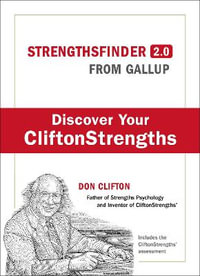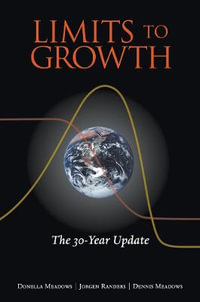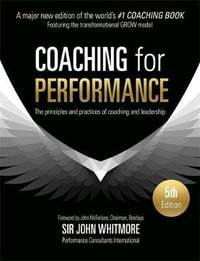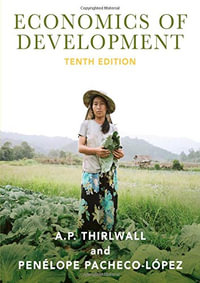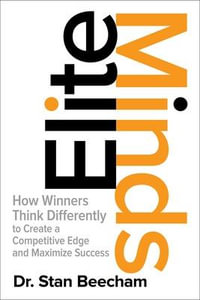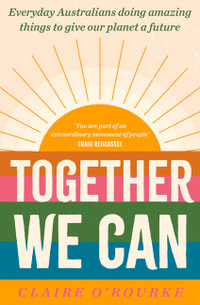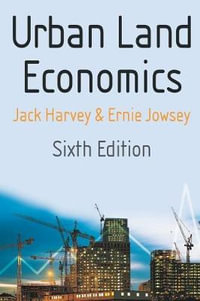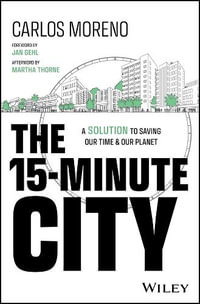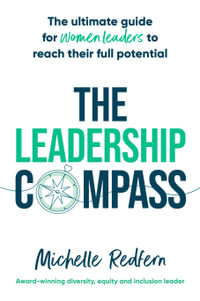Questions of gender, injustice and equality pervade all our lives, and as such, the capabilities or 'human development' approach to understanding well-being and basic political entitlements continues to be debated. In this thought-provoking book, a range of authors provide unique reflections on the capabilities approach and, specifically, Martha C. Nussbaum's contributions to issues of gender, equality and political liberalism. Moreover, the authors tackle a broad range of development issues, including those of religion, ecological and environmental justice, social justice, child care, disability and poverty. This is the first book to examine Nussbaum's work in political philosophy in such depth, bringing together a group of distinguished experts with diverse disciplinary perspectives. It also features a unique contribution from Nussbaum herself, in which she offers reactions to the discussion and her latest thoughts on the capabilities approach. Capabilities, Gender, Equality will interest a wide range of readers and policy-makers interested in new human development policies.
Industry Reviews
'This wonderful collection of essays provides an intellectual feast. The authors engage deeply with Nussbaum's capability approach (as distinct from Amartya Sen's capability approach) from a wide range of perspectives - political philosophy, gender, environment, poverty, justice - revealing both Nussbaum's originality and their own insights. You wish yourself immediately in the same room, conversing.' Bina Agarwal
'A thought-provoking interdisciplinary collection of contributions by leading scholars on the theoretical foundations of the capabilities approach, on gender and on equality issues, taking off from Martha C. Nussbaum's pioneering work on these topics. This book is a tribute to Nussbaum's impressive scientific output, a reflection on core aspects of the capabilities approach and an important addition to the literature on human capabilities.' Enrica Chiappero-Martinetti, University of Pavia
'It is important to explore alternative approaches to the interpretation and use of the idea of capabilities, and this wide-ranging collection of essays makes a significant contribution to the on-going debates on the subject. It is a very welcome addition to the literature.' Amartya Sen, Nobel Laureate, Economics 1998



